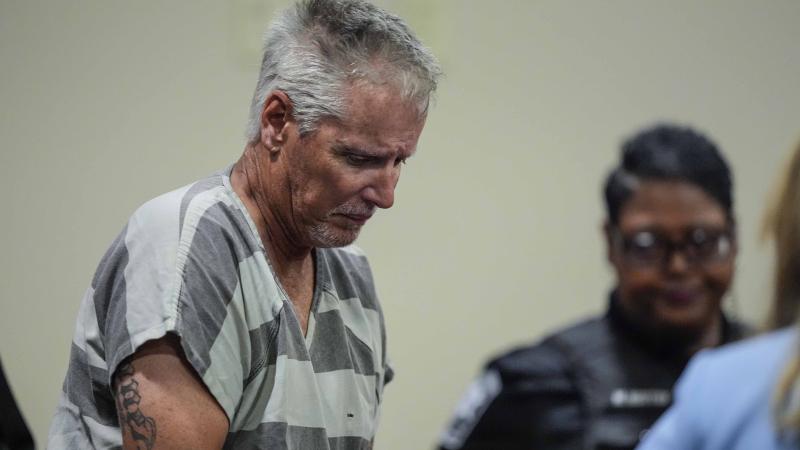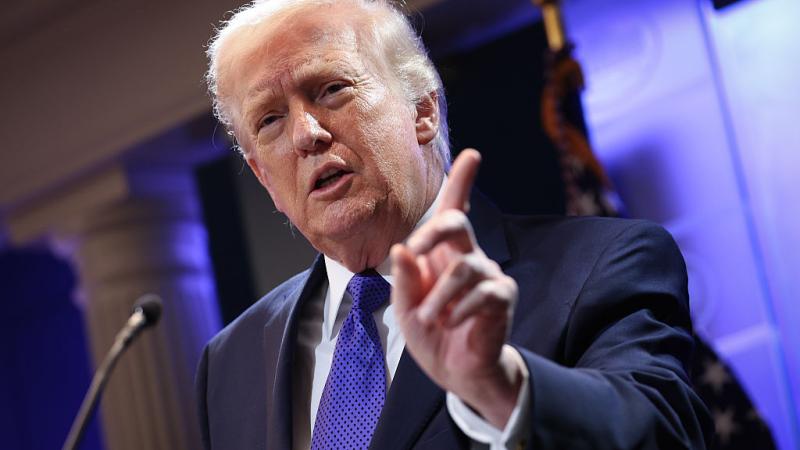Lawyer suing Indiana University for COVID vaccine mandate expanding effort to 'four or five states'
Attorney James Bopp says his goal is to create a circuit split, which will require the Supreme Court to resolve.
The lawyer representing students challenging Indiana University's COVID vaccine mandate has been "retained by students in other states to bring similar claims," he said in an interview Tuesday.
Veteran litigator James Bopp told the John Solomon Reports podcast that he expects to file suit in another "four or five states in the next couple of weeks."
When pursuing "test case litigation," lawyers must bring "cases throughout the country having different judges, different circuits," Bopp said. "And particularly if you want to get to the Supreme Court, you need a conflict in the circuits" – federal appeals courts issuing decisions at odds with each other.
Earlier this month, the 7th U.S. Circuit Court of Appeals declined to issue a preliminary injunction that would stop Indiana University's vaccine mandate, which offers limited medical and religious exemptions, from taking effect. Supreme Court Justice Amy Coney Barrett declined to issue an emergency injunction.
Bopp argues that public colleges "cannot condition a benefit" on students waiving their constitutional rights to "bodily integrity and autonomy." IU promised to cancel registrations for students who neither attested to vaccination nor received an exemption.
On the podcast, he compared the quid pro quo to a government conditioning a driver's license on a person's agreement not to marry someone of another race. "IU's position is that'd be fine!" he said.
The 7th Circuit relied on a Supreme Court precedent from 1905, Jacobson v. Massachusetts, that is irrelevant to the question of COVID vaccination, according to Bopp. That long-ago court ruling upheld a smallpox vaccination mandate punishable by a fine for noncompliance.
Unlike with smallpox vaccines and mortality rates, the COVID vaccines haven't even been fully approved by the Food and Drug Administration and the novel coronavirus has a recovery rate well north of 99%, he said.














